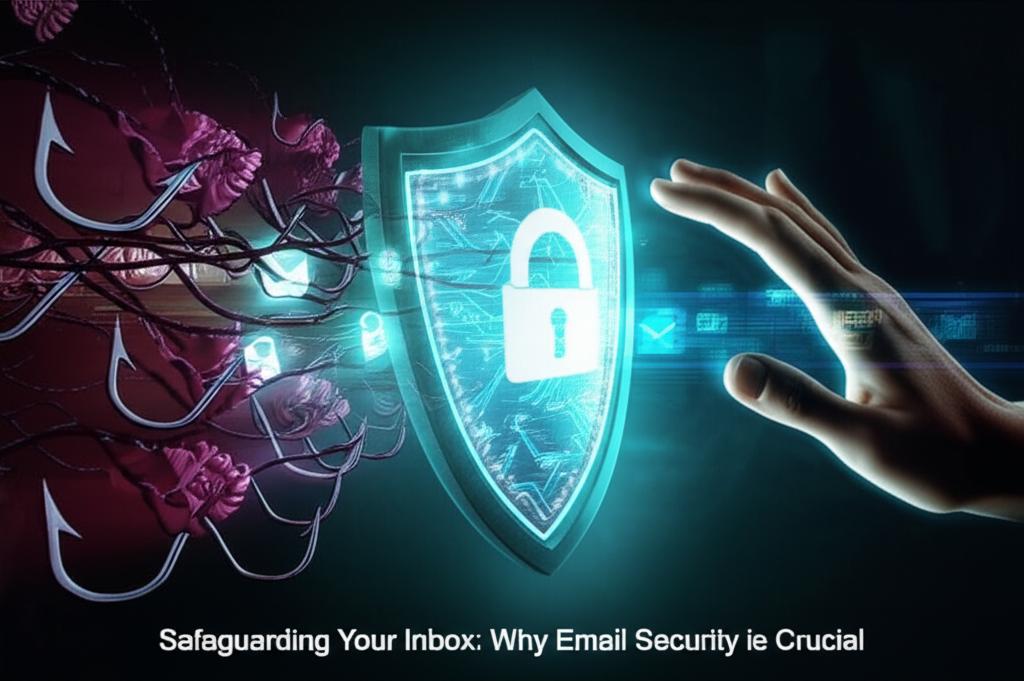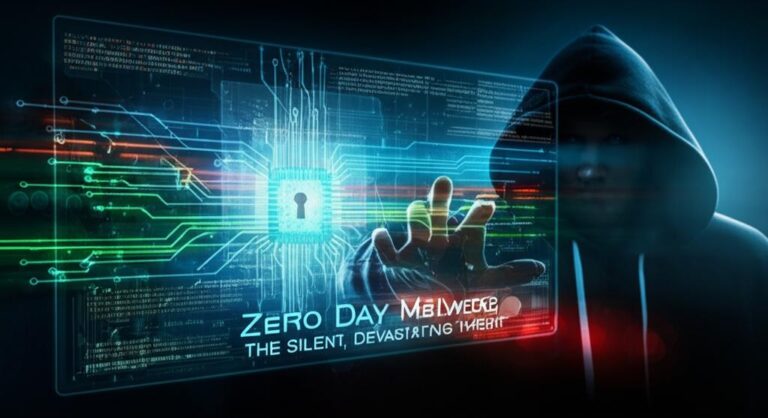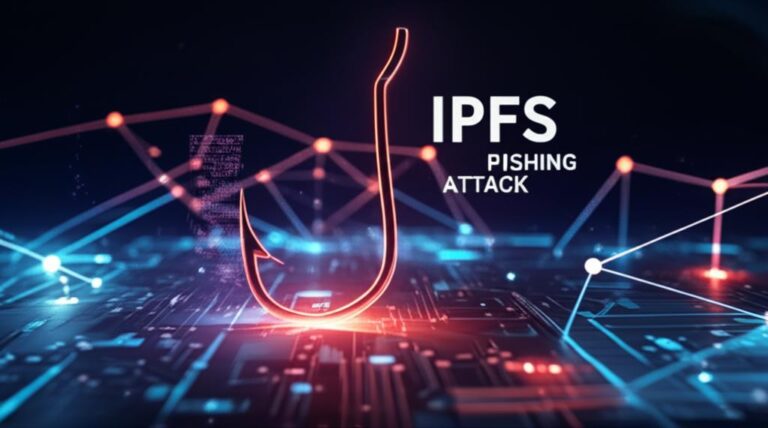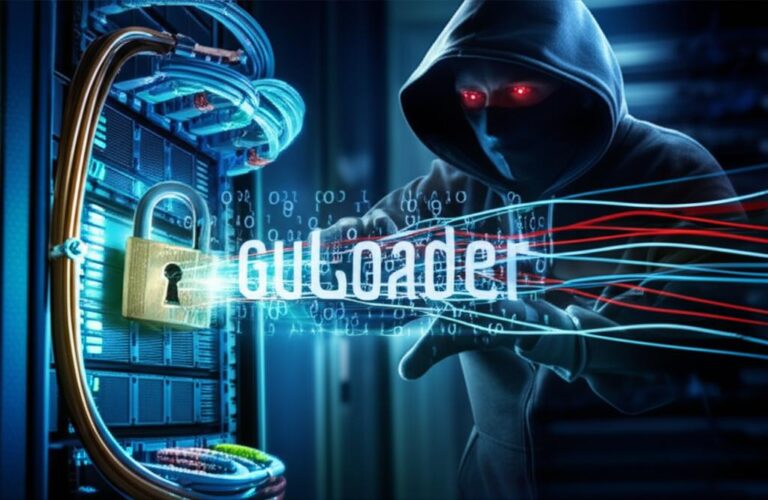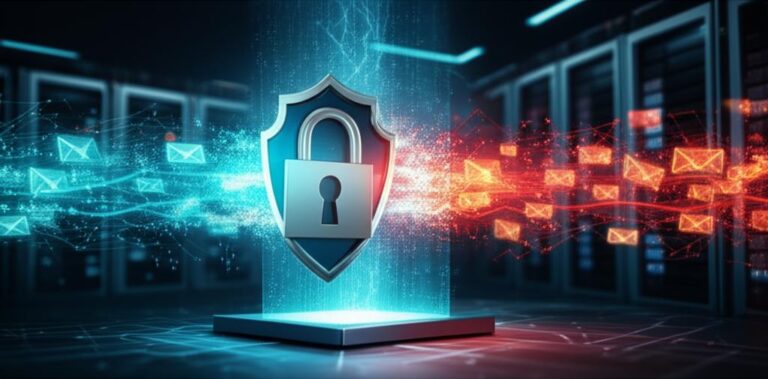Safeguarding Your Inbox: Why Email Security is Crucial
In today’s hyper-connected digital landscape, email remains the primary communication channel for businesses and individuals alike. Yet, this ubiquitous tool is also a prime target for cybercriminals. Understanding why email security is important isn’t just a best practice; it’s a fundamental necessity for protecting sensitive information, maintaining trust, and ensuring business continuity.
Every day, billions of emails are sent, and a significant portion of them are malicious. From sophisticated phishing attacks to insidious malware, the threats are constant and evolving. Without robust email security measures, organizations and individuals risk catastrophic consequences.
The Rising Tide of Email-Borne Threats
The landscape of cyber threats via email is vast and complex. Here are some of the most prevalent dangers:
- Phishing and Spear Phishing: Deceptive emails designed to trick recipients into revealing sensitive information like passwords, credit card numbers, or other personal data. Spear phishing targets specific individuals or organizations, often with personalized and highly convincing lures.
- Malware and Ransomware: Malicious software often delivered via email attachments or links. Once activated, it can steal data, damage systems, or encrypt files, holding them for ransom.
- Business Email Compromise (BEC): A sophisticated scam where attackers impersonate a high-ranking executive or a trusted vendor to trick employees into transferring funds or divulging confidential information. These attacks are highly effective and costly.
- Data Breaches: Email can be a gateway for attackers to gain access to an organization’s network, leading to massive data breaches that expose customer records, intellectual property, and other proprietary information.
- Spam and Unwanted Communications: While less malicious, spam clogs inboxes, wastes time, and can sometimes hide more dangerous payloads.
Why Robust Email Security is Indispensable
The implications of inadequate email security extend beyond just technical vulnerabilities. They impact reputation, financial stability, and legal standing.
Protecting Sensitive Data and Privacy
Emails frequently contain confidential information, from personal details and financial records to trade secrets and legal documents. A breach can expose this data, leading to identity theft, financial fraud, and severe privacy violations. Strong email security acts as the first line of defense.
Preventing Financial Losses and Reputational Damage
A single successful BEC attack can result in millions of dollars in losses. Beyond direct financial impact, data breaches and cyberattacks erode customer trust and severely damage a company’s reputation, which can take years to rebuild. Proactive email security is an investment in your brand’s integrity.
Ensuring Regulatory Compliance
Many industries are subject to strict data protection regulations (e.g., GDPR, HIPAA, CCPA). Failing to adequately protect sensitive data through robust email security can lead to hefty fines, legal battles, and loss of operating licenses.
Maintaining Business Continuity
Malware and ransomware attacks can bring business operations to a grinding halt, causing significant downtime and productivity loss. Effective email security solutions minimize these disruptions, ensuring your business can continue to operate smoothly.
Key Components of Effective Email Security
Implementing a multi-layered approach is crucial for comprehensive email security:
- Advanced Threat Protection (ATP): Solutions that detect and block sophisticated threats like zero-day exploits, phishing, and malware before they reach the inbox.
- Email Encryption: Protecting the content of emails so only authorized recipients can read them, especially important for sensitive communications.
- Multi-Factor Authentication (MFA): Adding an extra layer of security beyond just a password for accessing email accounts.
- Spam Filters: Reducing unwanted emails and the risk of malicious content reaching users.
- User Education and Training: The human element is often the weakest link. Regular training on identifying phishing attempts and practicing safe email habits is paramount.
- Incident Response Plan: Having a clear plan in place for how to react if an email security breach occurs.
“In the digital age, neglecting email security is akin to leaving your front door unlocked. The potential costs far outweigh the investment in robust protection.”
Conclusion: An Uncompromising Imperative
The question is no longer “if” your organization will face an email-borne threat, but “when.” Therefore, making email security a top priority is not optional; it is an uncompromising imperative for individuals and organizations of all sizes. By understanding the risks and implementing comprehensive security measures, you can safeguard your digital communications, protect valuable assets, and build a resilient defense against the ever-evolving threat landscape.

